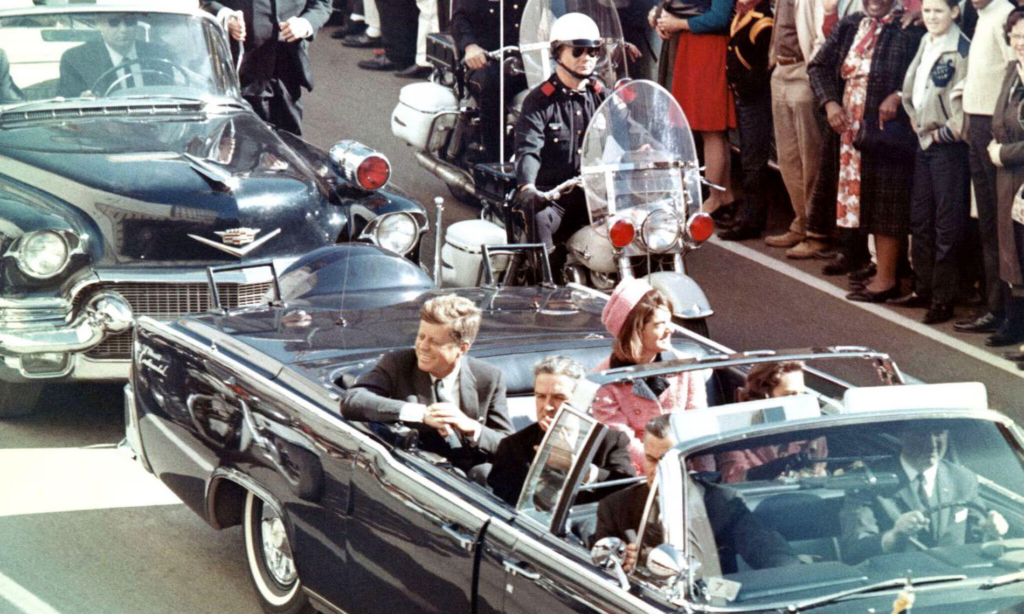Thousands of Unknown Records Discovered
The FBI has uncovered around 2,400 previously unknown records linked to the assassination of President John F. Kennedy. This discovery follows an executive order by former President Donald Trump, requiring the release of all remaining classified documents on the case. The files, totaling approximately 14,000 pages, were not previously recognized as part of the JFK assassination case file.

These records have now been transferred to the National Archives and Records Administration (NARA) for review. Historians and researchers hope they will provide new insights into the events of November 22, 1963. The content of these documents remains undisclosed, but the discovery adds another layer to the long-running search for answers.
Why Were These Records Previously Unrecognized?
The sudden emergence of these files raises questions. If they were not part of the known JFK case file, why were they overlooked? Some speculate bureaucratic oversight, while others suspect intentional suppression. The government has often cited national security as a reason to withhold information. However, the continued discovery of unseen records fuels public skepticism about the official narrative.
Since the 1992 JFK Records Act, agencies have been required to release assassination-related documents. Yet, full disclosure has been delayed multiple times. Trump’s executive order aimed to accelerate this process, also calling for the release of records related to the assassinations of Robert F. Kennedy and Martin Luther King Jr.
Could These Documents Change Our Understanding?
Many hope these files will clarify lingering questions about Kennedy’s assassination. Did Lee Harvey Oswald act alone? Was there a larger conspiracy? Could new details emerge about government involvement or foreign interference?
Decades of speculation have kept interest in the case alive. The Warren Commission concluded Oswald acted alone, but later investigations suggested other possibilities. The 1979 House Select Committee on Assassinations found evidence of a probable conspiracy, though it did not determine who was involved.
Some believe the new files might shed light on Oswald’s connections to intelligence agencies. Others think they could reveal previously unknown witnesses, suspects, or even new scientific evidence. Without knowing the contents, it is impossible to predict their impact, but the potential for revelations is significant.
Declassification Challenges and Delays
The process of declassification remains slow. National security concerns still play a role in limiting access to some documents. Even when records are released, portions often remain redacted, leaving key details hidden from public view.
While Trump’s order aimed for transparency, federal agencies continue reviewing documents before release. Some records could remain classified indefinitely if authorities deem them too sensitive. The government argues this protects intelligence sources and national security, but critics believe it prevents full accountability.
A Renewed Public Fascination
This discovery reignites interest in one of the most scrutinized events in American history. The JFK assassination has inspired countless theories, books, and films. Each new development fuels debate over what really happened in Dallas that day.
With growing demand for government transparency, the push to release all assassination-related records continues. Whether these newly uncovered files provide groundbreaking information or merely add to the existing archive remains to be seen. However, their existence reinforces the belief that the full truth about JFK’s assassination may still be out there, waiting to be uncovered.
Our Visitor






 Users Today : 14
Users Today : 14


